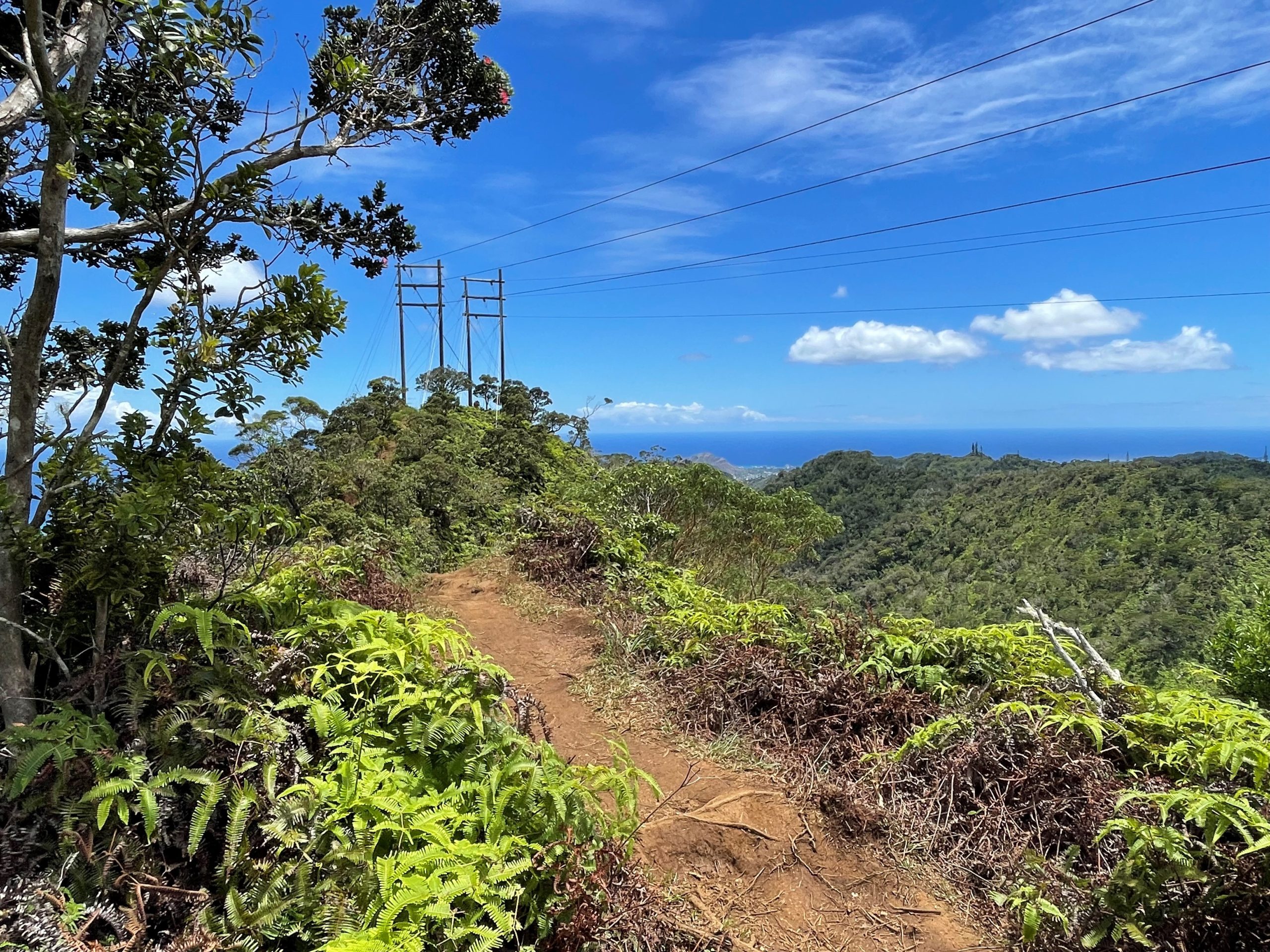
Energy Policy
By statute, HSEO is tasked with providing strategic analysis, policy development, and energy planning to advance the state’s energy goals. As established in HRS §196-71, HSEO is responsible for promoting energy efficiency, renewable energy development, energy system resilience, and clean transportation. In fulfilling this mandate, the agency collaborates with the legislature, the Public Utilities Commission (PUC), other state and county agencies, and a broad range of stakeholders. These efforts are aligned with several key statutory goals, including the Renewable Portfolio Standard (RPS) set forth in HRS §269-92, which requires electric utilities to generate 100% of their electricity sales from renewable sources by 2045. HSEO also supports implementation of the Energy Efficiency Portfolio Standards (EEPS) under HRS §269-96, which aim to reduce electricity consumption through cost-effective efficiency measures. More broadly, HSEO’s work contributes to the state’s long-term climate commitment to achieve net-negative greenhouse gas emissions by 2045, as codified in HRS §225P-5. Together, these statutes define a coordinated legal framework for Hawai‘i’s clean energy transition.
Consistent with Hawaii’s obligations under HRS §269-6, it must be a policy objective of the state to use the lowest greenhouse gas-emitting energy source reliably available at the lowest cost.
The state’s energy transition strategy must ensure that all future investments in Hawaiʻi’s integrated electricity system result in a portfolio of fuels, power generation assets, and infrastructure that provide affordable electricity, energy security, resilience, and reliability for the next 20 years and beyond.
Hawai‘i Revised Statutes §§196-71 and 196-72, Duties of the Hawai’i State Energy Office
HRS §196-71 establishes the HSEO within the Department of Business, Economic Development, and Tourism, designating it as the primary state entity to promote energy efficiency, renewable energy, and clean transportation, thereby fostering a resilient clean energy economy. The statute outlines key responsibilities, including:
- Policy Development: Collaborating with the legislature, Public Utilities Commission, state agencies, and stakeholders to formulate policies that advance energy efficiency, renewable energy, energy resiliency, and clean transportation goals.
- Public Facility Initiatives: Leading efforts to integrate energy efficiency and renewable energy solutions across public facilities to reduce costs and meet clean energy objectives.
- Project Facilitation: Assisting private sector projects that align with state energy goals in deploying renewable energy and clean transportation initiatives.
- Private Sector Engagement: Partnering with private entities to achieve renewable energy and clean transportation targets through the Hawai‘i Clean Energy Initiative.
HRS §196-72 defines the leadership structure of the HSEO, specifying that it is led by a Chief Energy Officer (CEO) appointed by the governor with the Senate’s consent. The CEO’s duties, subject to the governor’s approval, encompass:
- Policy Formulation and Implementation: Developing and executing policies and strategies in collaboration with public and private stakeholders to cost-effectively and equitably achieve the state’s energy goals.
- Performance Monitoring: Identifying, tracking, and reporting on key performance measures related to the state’s energy and decarbonization objectives.
- Technical Assistance: Providing support to state and county agencies in assessing and implementing projects focused on energy conservation, efficiency, renewable energy, clean transportation, and resiliency.
- Coordination of Energy Programs: Aligning the state’s energy programs with federal initiatives, other states, local governments, and international entities sharing common energy interests.
- Market Development: Collaborating with stakeholders to identify market gaps and innovation opportunities, facilitating public-private partnerships to advance energy resources and data analytics supporting the state’s energy and decarbonization goals.
Through the mandates of these statutes, the HSEO is empowered to lead Hawai‘i’s transition to a sustainable and resilient clean energy future.

